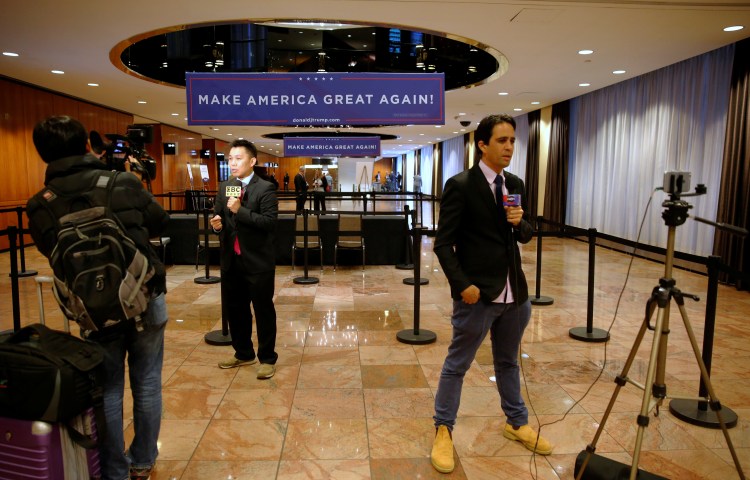
US plans to restrict foreign journalist visas would be chilling, must be scrapped
We hadn’t even finished unpacking our belongings from my assignment in Africa when the phone rang. It was a fellow journalist warning me that the director of Israel’s Government Press Office had just gone on national radio to say he intended to summon me to complain about a story. My wife looked at me anxiously….
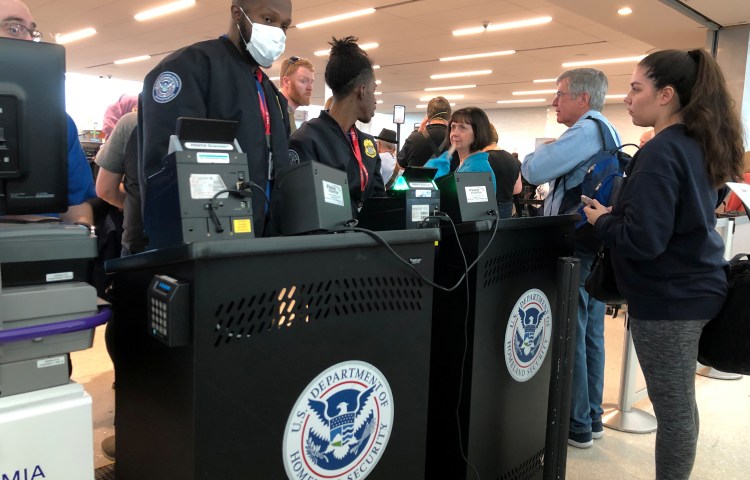
CPJ, RCFP and other organizations urge DHS to drop proposed visa changes for foreign journalists in U.S.
The Committee to Protect Journalists, Reporters Committee for Freedom of the Press (RCFP) and 36 other media organizations yesterday submitted joint comments to the Department of Homeland Security (DHS) urging the department to drop or revise proposed changes to I visas, which are granted to members of the foreign media working in the United States….
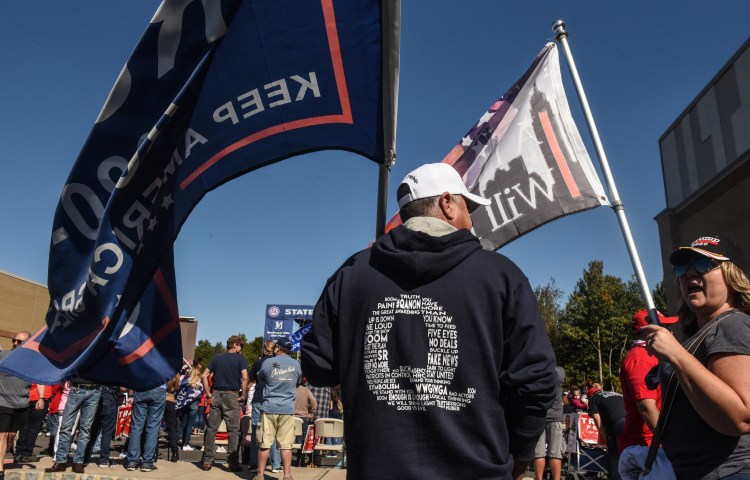
Conspiracy theories grow in the U.S., creating threats to journalist safety
On the eve of the 2020 U.S. presidential election, conspiracy theories have abounded online amid the global pandemic and a polarized political climate. Journalists covering nearly every beat grapple with misinformation, which is false but may be spread by mistake, as well as disinformation, when falsehoods are shared intentionally. QAnon has emerged as one…
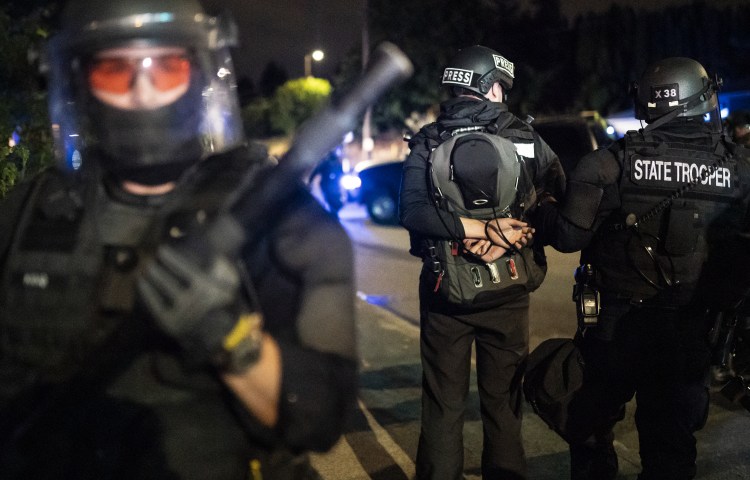
Foreign reporters describe safety concerns covering US elections and protests
Covering elections as a foreign correspondent in the United States has traditionally meant press conferences, long days at political rallies, and road trips through rural America. This year, however, amid the spread of COVID-19, curtailed campaigns, civil unrest, visa issues, and an unpredictable political environment, the elections beat has been particularly challenging for foreign reporters….
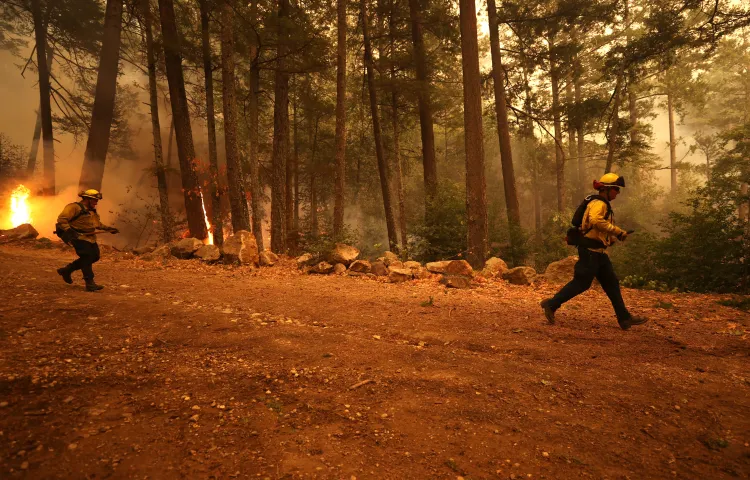
“I’ve lost count of the number of fires I’ve covered this year”: How journalists stay safe covering U.S. wildfires
Photojournalist Kent Porter has covered wildfires in the western United States for more than 30 years. But this year, he says, the fires are different. The season’s first fire usually burns about one or two acres, Porter told CPJ in a phone interview. This year, however, the first fire he covered was 140 acres. “Usually…
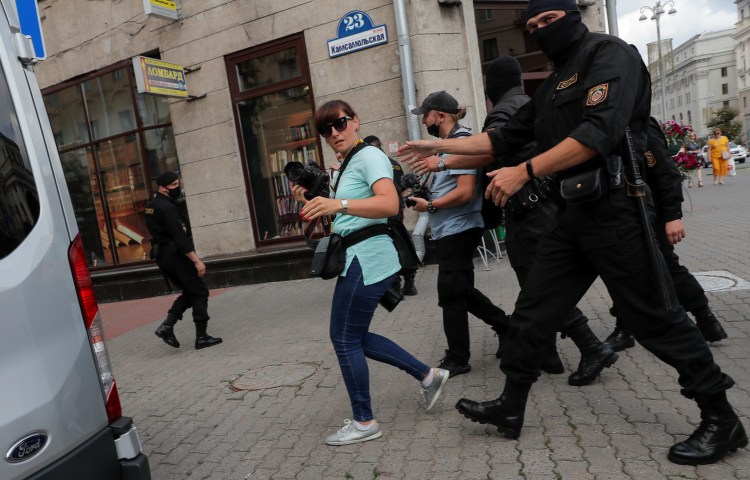
CPJ joins call for California attorney general to investigate technology used in Belarus censorship
The Committee to Protect Journalists joined free expression and digital rights groups on September 23 in calling on Xavier Becerra, California’s attorney general, to investigate technology sales by Sandvine Inc. after the company acknowledged that its products were being used to block news and other websites amid anti-government protests in Belarus. The call, co-signed by…
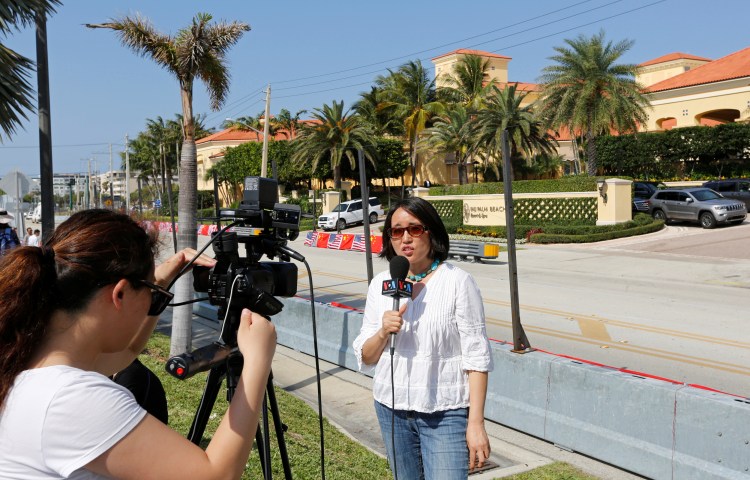
Former VOA staffer Al Pessin on VOA’s role amid the Trump-appointee shakeup
At the end of August, journalists with the U.S. Congress-funded Voice of America (VOA) took the extraordinary step of ringing a public alarm bell about moves by the new CEO of the U.S. Agency for Global Media (USAGM), which oversees VOA and several other outlets. VOA broadcasts in 47 languages and employs both U.S. citizens…
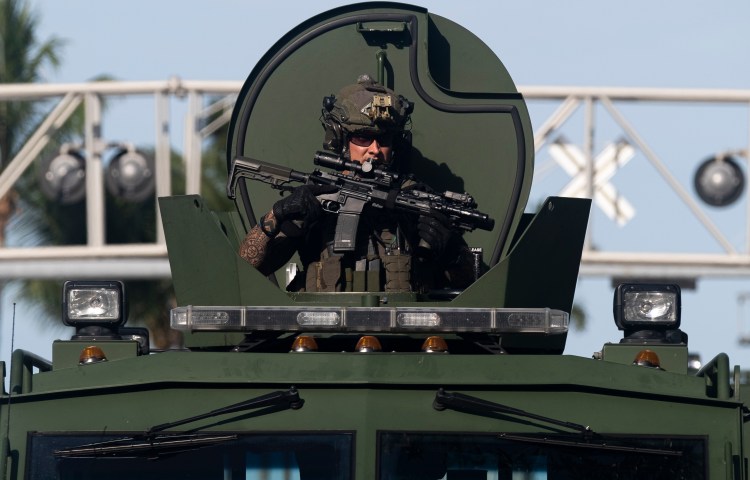
When police patrol protests in military gear, journalists face a hostile reporting environment
When St. Louis Post-Dispatch photographer David Carson was covering protests against police violence in Ferguson, Missouri in 2014, he said other reporters often asked him what it was like to get teargassed night after night. These days, he told CPJ, he rarely gets asked that question: “Now all of my journalist friends have been teargassed.” Tear gassings, rubber…
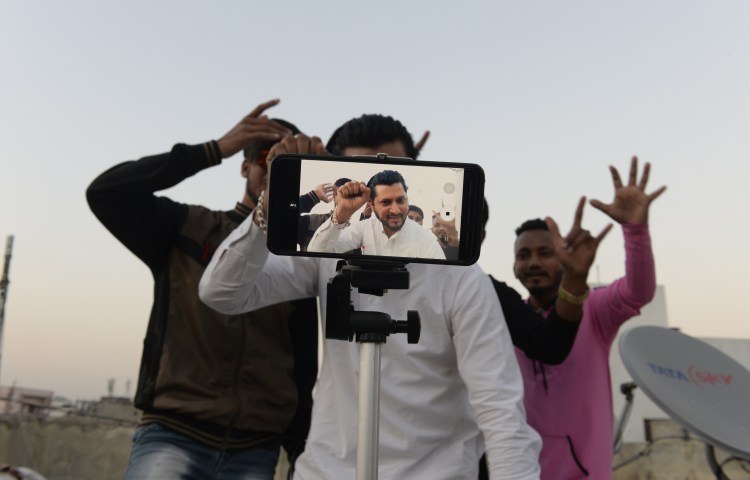
Outlawing TikTok may not impede journalists, but U.S. and India bans could set a risky precedent
“Allison, can Trump ban TikTok?” Dave Jorgenson, The Washington Post’s self-described “TikTok Guy” asks in an August 3 video on the app. His colleague Allison Michaels responds: “The answer is yes, but how he can do it is kind of complicated…” It would be a typical exchange between journalists, but for the surreal setup: Jorgenson is standing over a birdbath, asking…
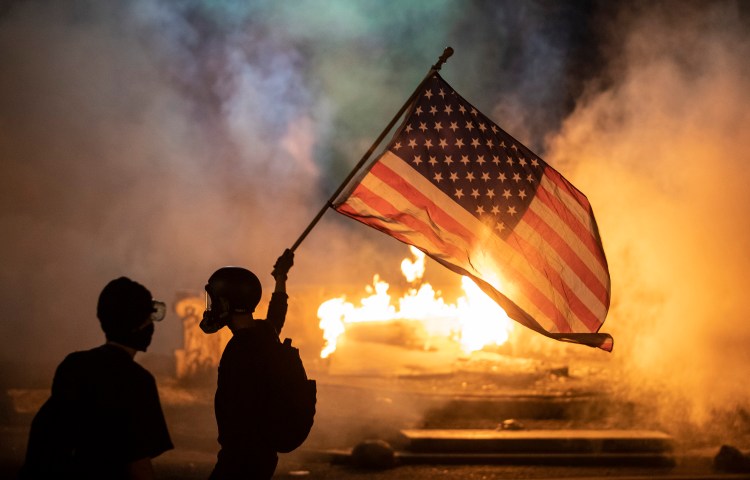
‘We’re scared shitless out here’: Four reporters on covering the federal response to Portland protests
“This was civic combat, but without live fire.” That’s how freelance photographer John Rudoff described the situation in Portland, Oregon, the Pacific Northwest city where demonstrations in support of Black Lives Matter and against police brutality are now in their 13th week. Portland’s protests received global attention when they took a violent turn in July as…